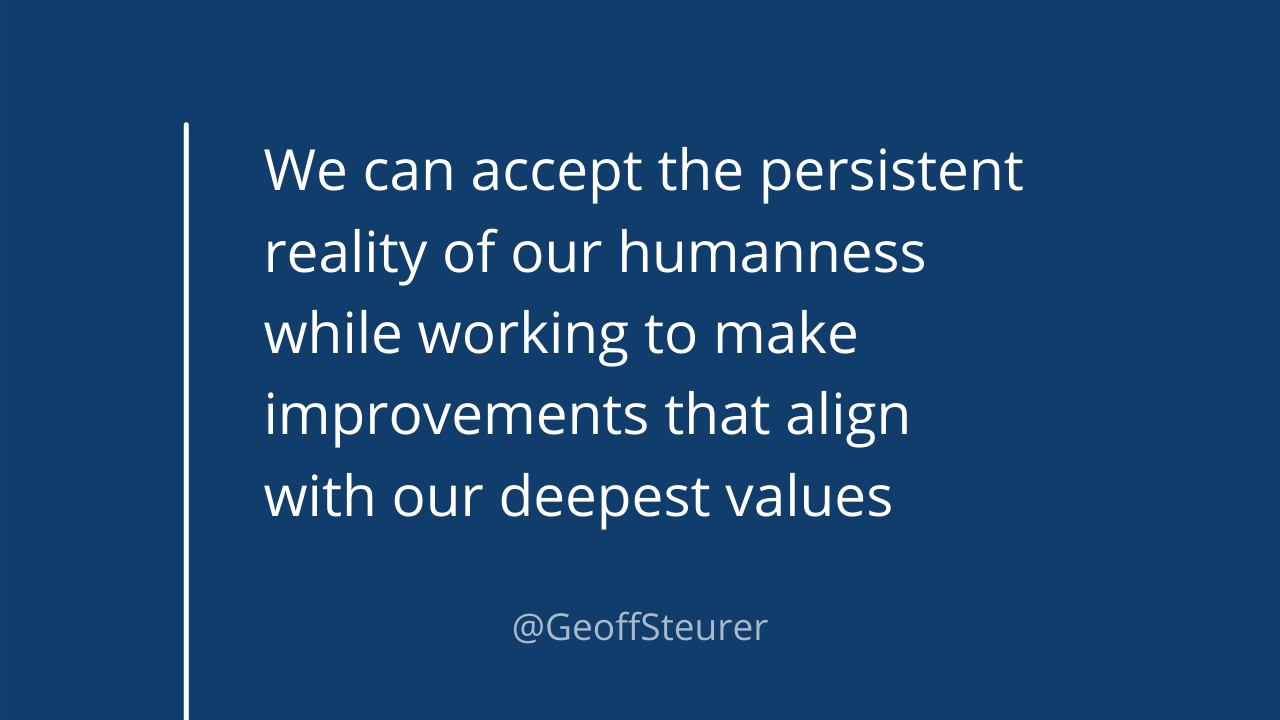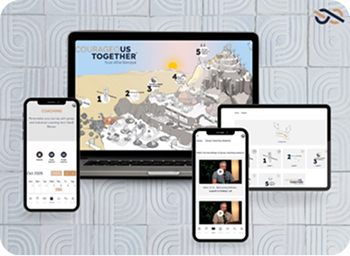
Q&A with Geoff: How do I help my son break his attraction to fictional characters?
Question
A few years ago, my then 11-year-old son got into an art site to help him draw better characters. He ended up getting exposed to pictures of people or things who you can feed, and they get progressively fatter in each pic. Apparently, it really turned him on. It’s been pictures of fully clothed women/girls, Yoshi and a “Furry.” Sometimes there were short stories attached with it.
He’s a few years older now and even though he’s not able to get on websites anymore, due to more controls and his own desire to stay away from it, he told me he’s been drawing them on his own sometimes at night. He feels terrible about it and always tells me after.
It’s kind of a strange thing to get help with, but I could really use a professional perspective to help my boy. He feels like it’s not normal or right. I have never shamed him or ever made him feel like he’s crazy or abnormal, but as a mother I worry about this kind of unhealthy sexual desire because I don’t want it to get in the way of him having a wife and family someday.
My husband is extremely concerned about it and can’t really handle talking about it to me because he just doesn’t get why that would turn him on and thinks it’s weird. (My son doesn’t know how his dad feels about it, by the way). My husband is glad I am the one who he confides in, but I could really use some tools.
Is it possible to train yourself not to be attracted to fictional characters? What about pictures of people and fictional characters/animals getting fat? If so, how do you go about doing it? Do you have any advice? Thank you for your time and perspective.
Answer
I hear how distressing this is to you, your husband and your son. At the same time, your compassion, love and presence in your son’s journey is making more of a difference than you might realize. Please know that your son doesn’t have to be doomed for a life of struggle and dysfunction. Our minds, emotions and bodies are complex and it’s not always clear why we have certain attractions. However, there are healthy ways to deal with these attractions and create a beautiful life.
First, it’s important to recognize that we don’t get to decide what is attractive to us. Your son stumbled on a specific type of animation and fantasy that piqued his interest. He wasn’t looking for it and he didn’t ask to be attracted to it. Therefore, it’s not helpful to send him the message that his attraction to these types of images is something he’s choosing. Even though attraction isn’t a conscious choice, it doesn’t mean he’s lost his ability to choose.
He can still decide to respond in ways that align with his deepest values.
Sometimes when we’re faced with an unwanted temptation or attraction, we believe there are only two options: Fight it or give in to it. I’d like to suggest a third option that can help you guide your son toward peace. This third option is to become non-reactive to the attraction and accept it as a part of life. This doesn’t mean he gives up and gives into it. Instead, it means refusing to be consumed with fighting it or indulging in it.
He can notice it without judgement and learn how to co-exist with it. Acceptance isn’t the same as agreement. He can make peace with these unwanted feelings even if he doesn’t prefer them.
This dynamic is something we experience emotionally on a regular basis. For example, how many times have you felt jealous of someone while you told yourself you didn’t want to feel jealous? The more you force yourself to not feel jealous, the worse it gets. And, of course, if you give up and indulge in the jealousy, the worse you feel because it’s not aligned with your values.
However, when we accept that these strong feelings of jealousy are part of our human experience, we can have more compassion for ourselves, our story and other people who are going through these common experiences. Those unwanted feelings actually lose their strength and hold on us.
There is nothing passive about this process. Instead, it’s an active awareness that we’re experiencing something unwanted, but we don’t need to move toward it or away from it.
The sooner we can move into acceptance that we all experience desires, attractions and appetites that can lead us to places we don’t want to go, the sooner we can move to a healthier response. Admitting and accepting these inborn attractions relieves of us the internal pressure and dissonance that can silently erode our humanity. Embracing our attractions frees us to direct our lives in a more congruent way.
The goal is to accept the unwanted struggle instead of trying to suppress it or give into it. We can accept the persistent reality of our humanness while working to make improvements that align with our deepest values. Your son already has some clarity about what he wants. He knows that he doesn’t want to act on these attractions.
And just because we have an attraction or feel a pull toward something we know isn’t good for us doesn’t mean we have to fight it or embrace it. We can notice it, acknowledge it, surrender it and then move forward. In fact, it’s the fight that actually binds us closer to the unwanted attraction.
You can search mindfulness exercises for teens that can help him practice sitting with unwanted emotions. He can train himself to become non-reactive. Instead of using all of his energy to resist, he can use his energy to learn how to tolerate these uncomfortable feelings.
This is important counsel for not only your son, but also for you and your husband. Your husband is fighting the reality of your son’s struggle and is pulling away from him. Everyone in your family can take a deep breath and stop fighting the existence of this attraction and continue to offer love and support as your son decides how he wants to move forward in his life.
I don’t want to imply that this is easy or reflexive. Quite the contrary! It can feel unnatural and scary to accept feelings, thoughts and attractions that, left unguarded, could lead to more harm. However, it’s in that space of recognizing that we aren’t controlled by our attractions that allows us to consciously turn them over and carry forward with our lives.
Please note that if you are curious about the attraction and want to better understand why it’s so powerful for him, there’s nothing wrong with seeking professional help to better understand it. There is specialized help surrounding these types of attractions that might reduce the shame and mystery of it.
If you decide to seek professional treatment, see if you can first make the goal more about understanding and exploring rather than trying to eliminate it. He can live a healthy and fulfilling life with unwanted attractions. He can learn how to embrace and accept the wide range of emotions, thoughts, and attractions that will surprise him throughout his life.
Learning how to stay open, curious and nonreactive to them will strengthen him so he can shape his decisions to fit the life he desires.



